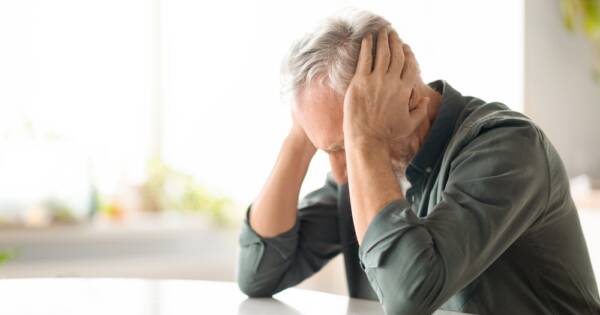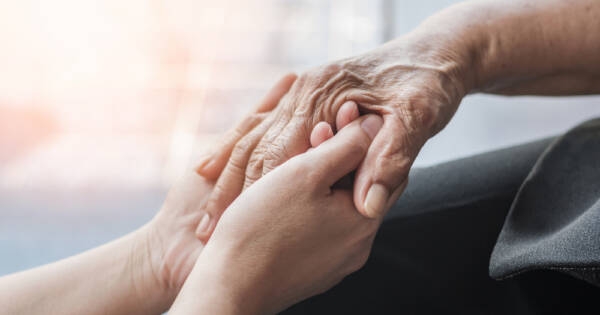Protect your health and well-being with the pneumonia vaccine, a critical defense for seniors against serious illness. As we age, the risk of pneumonia increases, but the vaccine can help you stay strong and avoid dangerous complications.
Why Pneumonia Risks Increase with Age: What You Need to Know
As we age, the immune system naturally weakens, making seniors more vulnerable to infections, including pneumonia. Pneumonia is a serious respiratory infection that can have severe complications for older adults. Seniors are at greater risk due to the reduced ability of their immune systems to fight off bacteria and viruses.
Additionally, conditions like chronic lung disease, heart disease, or diabetes—common in older adults—can further increase susceptibility to pneumonia. Limited mobility or time spent in healthcare settings also heightens the risk. Understanding these factors is essential for seniors to take proactive steps to protect themselves, particularly through vaccinations.
The Pneumonia Vaccine That Offers Essential Protection for Seniors
For seniors, the pneumonia vaccine is a critical tool in preventing serious illness. There are two types of pneumonia vaccines used in the use: pneumococcal conjugate vaccines (PCVs)
and pneumococcal polysaccharide vaccine. These vaccines protect against common strains of bacteria that cause pneumonia and related complications like bloodstream infections or meningitis.
The CDC recommends that adults 65 and older receive the pneumonia vaccine, particularly if they have certain health conditions or weakened immune systems. By building antibodies, the vaccine significantly reduces the likelihood of contracting pneumonia or developing severe symptoms, which could lead to hospitalization. This essential protection allows seniors to maintain their health and avoid the life-threatening impacts of pneumonia.
More Than Just a Flu Shot—Discover the Benefits of the Pneumonia Vaccine for Seniors
While many seniors prioritize flu shots each year, the pneumonia vaccine offers added protection against respiratory illnesses. Unlike the flu shot, which must be administered annually, the pneumonia vaccine typically provides longer-lasting immunity. Getting vaccinated against pneumonia reduces the risk of complications that can arise when the flu and pneumonia occur together, a potentially deadly combination for older adults.
The pneumonia vaccine not only helps prevent severe respiratory infections but also helps lower the risk of hospitalization and long-term health issues. For seniors looking to stay healthy and active, the pneumonia vaccine is a powerful, long-term safeguard.
When to Get the Pneumonia Vaccine and How Often Seniors Need It
Timing is crucial when it comes to pneumonia vaccinations for seniors. The CDC recommends that adults aged 65 and older receive the pneumonia vaccine, but the timing depends on individual health conditions and prior vaccinations. Most seniors only need one dose of each vaccine in their lifetime, with the two shots administered at least one year apart. However, those with weakened immune systems or chronic health conditions may need additional doses or a different schedule.
Consulting with a healthcare provider ensures you get the right vaccine at the right time, maximizing protection and keeping you safe from pneumonia-related complications. Regular check-ups will help determine if you need a booster or further protection, helping seniors stay healthy long-term.
Learn More About the Pneumonia Vaccine
Staying informed about the pneumonia vaccine is key to protecting your health as you age. This essential vaccine shields seniors from serious respiratory infections and reduces the risk of hospitalization. With just one or two doses, the pneumonia vaccine offers long-term protection, helping you stay strong and healthy.
Whether you’re considering the vaccine for the first time or need more information about timing and frequency, consult with your healthcare provider. By learning more about the pneumonia vaccine, you can take an important step in safeguarding your well-being and enjoying a healthier future.




